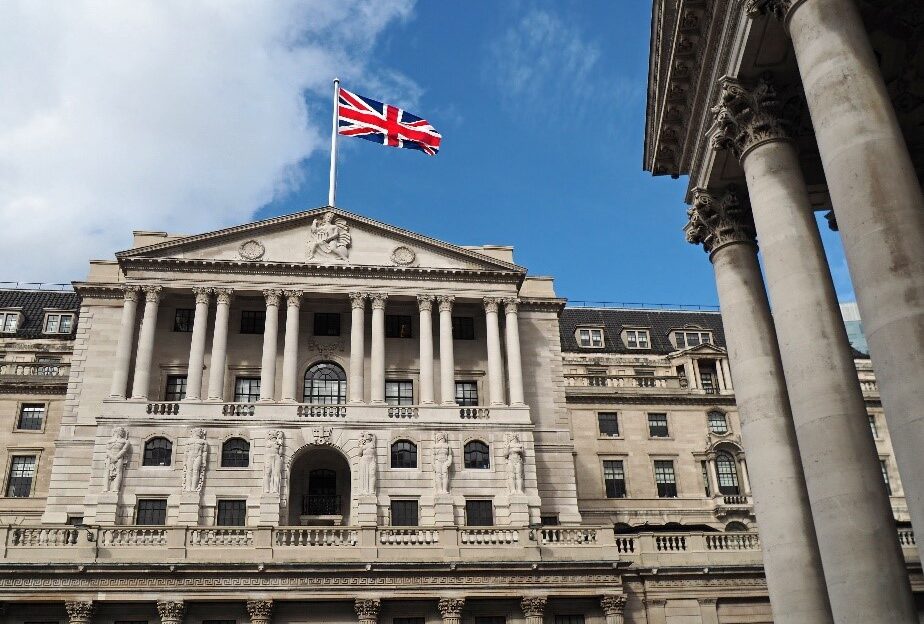6th April marks the start of the new tax year for us in the UK. But have you ever wondered why we picked such a random date? Why not 1st April, or even 1st January? It’s a long story!
Wind back to 1582 and Pope Gregory XIII decided that the old Julian calendar was no longer fit for purpose. It differed from the solar calendar by 11.5 minutes per year, so after 500 years it was 10 days out. The new Gregorian calendar put this right by reducing the length of the calendar year from 365.25 days to 365.2425 days – or 10 minutes 48 seconds per year. Ever cautious, we Brits didn’t immediately embrace the new calendar – in fact we waited until 1752, by which time we were 11 days adrift from the calendar used elsewhere in Europe.
Our old tax year began on 25th March or Lady Day, the first quarter day of the agricultural calendar. The Treasury decided that the tax year commencing 25 March 1752 would have to be the usual 365 days and would therefore have to end on 4 April 1753. So far, so good. Then we hit a bump in the road in 1800, which was not a leap year in the new Gregorian calendar but would have been under the Julian calendar. So the Treasury moved the start of the tax year by a further day that year to 5 April and it has remained there ever since.
The new tax year means some changes in tax rates and allowances – see our Budget commentary – and an opportunity to review your tax planning strategy. If you’d like to discuss your tax position with us, or need help with your 2020/21 Tax Return, please get in touch with one of our team.







